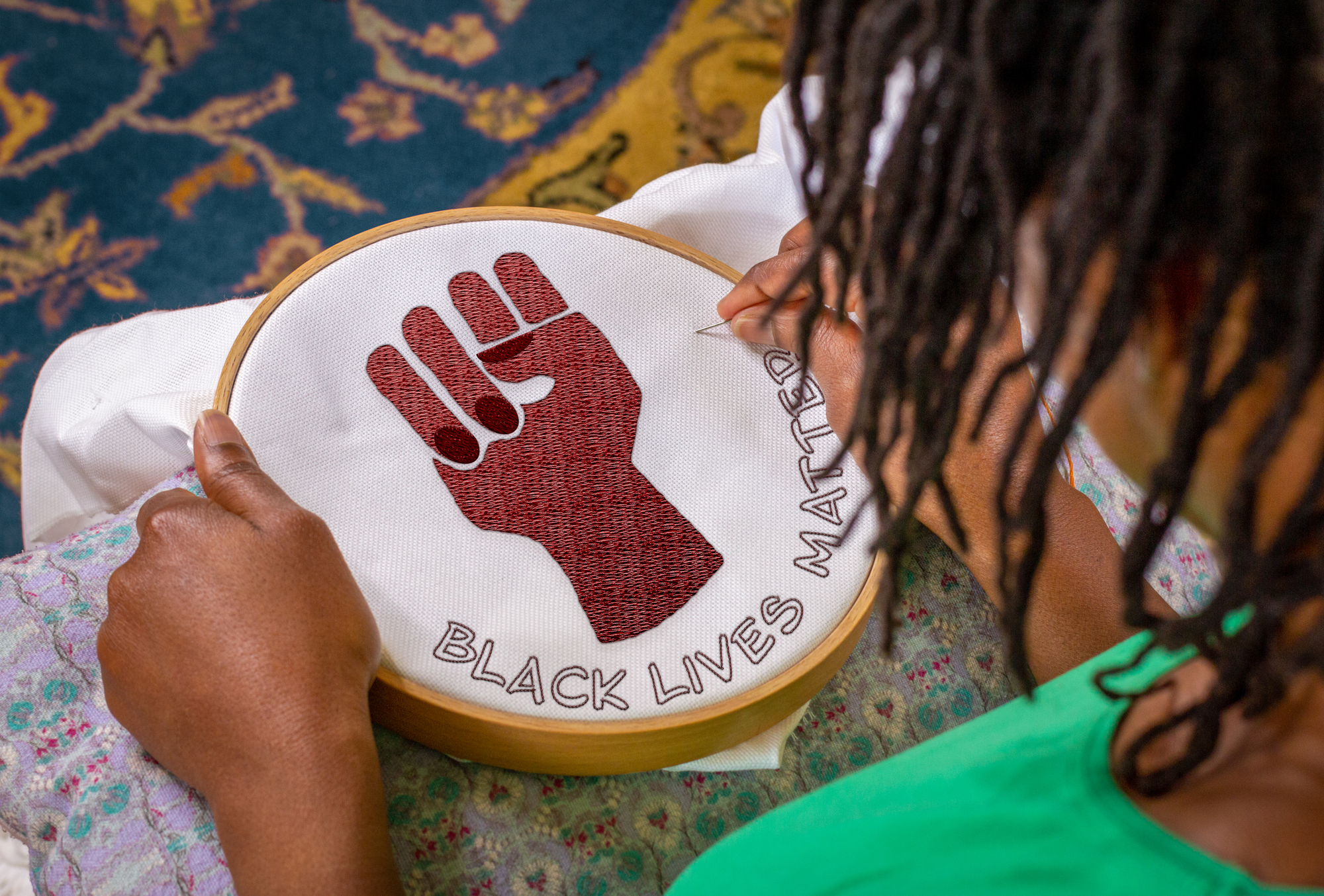Unpublished No More: A Quick Look at a Unique Prize Recognizing Mid-career Poets
/ Mike Scutari
Emily dickinson's house in amherst, ma
It's fairly common to see funders award prizes earmarked for mid-career artists, composers and theater professionals. The logic behind these prizes is simple. In an arts world in which everyone's looking for the "next big thing," funders prefer to support artists who have eagerly toiled in the trenches for decades and deserve some recognition.
The Emily Dickinson First Book Award is a twist on this concept. Administered by the Poetry Foundation, the prize, which was last awarded in 2012, recognizes an American poet of at least 40 years of age who has yet to publish a first collection of poetry.
After a five-year hiatus, the foundation recently announced the winner of the prize: Kristen Tracy. In addition to publication and promotion of her manuscript Half-Hazard by Graywolf Press, Tracy will receive a prize of $10,000.
While the Poetry Foundation's Children's Poet Laureate and the $100,000 Ruth Lilly Poetry Prize recognize established poets, the Emily Dickinson First Book Prize, along with the Ruth Lilly and Dorothy Sargent Rosenberg Poetry Fellowships, are unique in that they acknowledge poets still striving to create a body of work.
All of which makes the Emily Dickinson First Book Award doubly unique in the niche field of writing philanthropy: Funders generally recognize mid-career writers and poets who have at least some sort of publishing footprint, however faint.
Consider the case study of Maud Casey, a University of Maryland creative writing professor who received a John Simon Guggenheim Memorial Foundation Fellowship for Artists and Scholars. The grant is awarded annually to scholars, "generally midway through their careers," who have “demonstrated exceptional capacity for productive scholarship or exceptional creative ability in the arts."
Unlike Kristen Tracy, Casey has a relatively extensive publishing track record. The author of three novels, her most recent, The Man Who Walked Away, was published in 2014.
Fans of Emily Dickinson will surely appreciate the sentiment behind the prize. She composed over 1,800 poems, but only a handful were published in her lifetime. Her first volume of work was published posthumously in 1890.






































